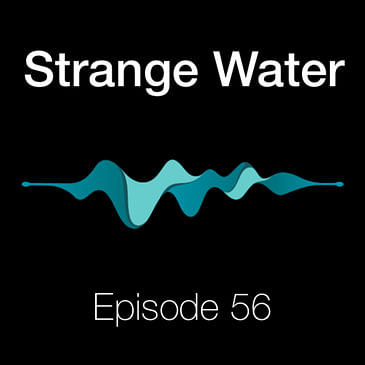Kevin Simback, COO of Delphi Labs, shared insights on the diverse range of professional services crucial for web3 companies, including law firms, accounting, and marketing agencies. Joining an accelerator program can streamline the process of identifying and accessing these services, saving time and resources for founders. This conversation highlights the complexities of building a business beyond technological innovation, emphasizing the importance of effectively outsourcing tasks to specialized professionals. Furthermore, it explores how blockchain technology could reshape the relationship between companies and professional service providers in the future.



